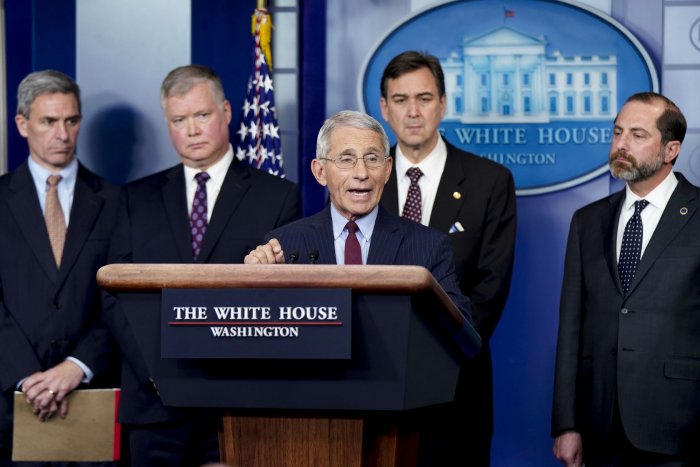April 7 (UPI) -- The National Institutes of Health said Wednesday that it has begun a study to explore why some recipients of the COVID-19 vaccines developed by Pfizer and Moderna have seen severe allergic reactions to the shots.
Most of the reactions have been seen in people with a history of allergies, the federal research agency said.
"A clinical trial is underway to determine whether people who are highly allergic or have a mast cell disorder are at increased risk for an immediate, systemic allergic reaction," the NIH said in a statement.
"In addition, investigators will examine the biological mechanism behind the reactions and whether a genetic pattern or other factors can predict who is at most risk."
Related
A mast cell disorder is caused by a type of white blood cell that's abnormal, overly active, or both. The disorder predisposes a person to life-threatening reactions that look like allergic reactions.
The NIH trial will enroll 3,400 adults between the ages of 18 and 69 at about three dozen U.S. research centers.
"The public understandably has been concerned about reports of rare, severe allergic reactions to the Moderna and Pfizer-BioNTech COVID-19 vaccines," added Dr. Anthony Fauci, director of the National Institute of Allergy and Infectious Diseases, which is part of the NIH.
"The information gathered during this trial will help doctors advise people who are highly allergic or have a mast cell disorder about the risks and benefits of receiving these two vaccines.
"However, for most people, the benefits of COVID-19 vaccination far outweigh the risks."
For people with a history of allergic reactions, the Centers for Disease Control and Prevention has recommended that health providers monitor them for 30 minutes after vaccination.















